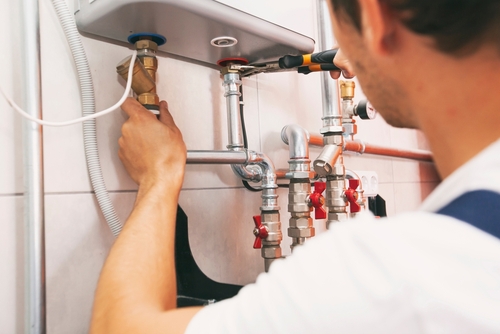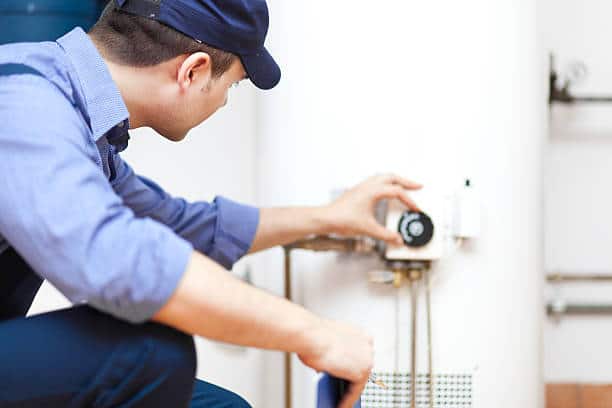Do you want to avoid getting lukewarm showers or encountering other water heater issues? Don’t worry! With some simple maintenance, you can keep your water heater running smoothly. In this detailed guide to water heater repair services Singapore, we’ll walk you through easy steps to ensure your water heater performs optimally without needing any technical expertise.
Understanding Your Water Heater:
First things first, let’s understand what type of water heater you have. Is it a tankless unit, or is it the traditional tank-style water heater? Knowing this is important for effective maintenance.
Routine Maintenance Techniques:
- Tank Drainage: Sediment can build up in your tank over time, making it harder for your heater to heat water efficiently. By draining a few gallons from your tank every year, you can flush out this sediment and keep your heater working well.
- Pressure Relief Valve Inspection: Your water heater has a pressure relief valve that helps maintain the correct pressure inside the tank. Test it once a year by lifting its lever. If it’s sticking, acting strange, or leaking, it might be time to replace it.
- Leak Vigilance: Make it a habit to check around your water heater and its connections for any leaks. Even a tiny leak can lead to big problems if left unchecked.
- Anode Rod Check: The anode rod inside your water heater helps prevent corrosion. Check it annually, and if you see more than six inches of the core, it’s time to call in a professional to replace it.
Addressing Minor Issues:
- No Hot Water: If you’re not getting hot water, start by checking your thermostat settings. If that’s not the issue, it could be a faulty heating element or a sediment buildup in your tank. Try draining some water from the tank to see if that helps. If not, it’s best to call a plumber.
- Strange Noises: If you hear popping or rumbling sounds coming from your water heater, it could be due to sediment buildup. Flushing the tank should help get rid of the sediment and stop the noises.
- Water Odor: Foul-smelling water is often caused by bacteria reacting with sediment in the tank. Flushing the tank and cleaning the anode rod can help eliminate the odor.
Enlisting Professional Aid:
If you’ve tried the simple fixes and are still experiencing issues like leaks, cold-water problems, or persistent noises or smells, it’s time to call in the experts. A trusted professional plumber like PS Plumber Singapore can diagnose and fix the problem quickly and effectively.
Conclusion:
Retaining your water heater doesn’t have to be complicated. You can ensure your water heater keeps providing you with hot water whenever you need it by following these easy steps and performing regular maintenance. Remember, taking care of your water heater now can save you from more significant problems later.

FAQs
Can I perform water heater maintenance myself, or should I hire a professional?
Homeowners can usually do routine maintenance tasks like draining the tank and inspecting for leaks with essential tools. However, for more complex issues like replacing heating elements or pressure relief valves, it’s best to hire a professional plumber to ensure the job is done safely and correctly.
What should I do if I notice water pooling around my water heater?
If you see water pooling around your water heater, it could indicate a leak. Start by checking the connections and valves for any visible leaks. If you can’t find the source of the leak or if it’s a significant leak, turn off the power and water supply to the heater and call a plumber immediately.
How can I tell if my water heater needs to be replaced?
Signs that your water heater may need replacement include:
- Frequent breakdowns.
- Leaks that can’t be repaired.
- Significant corrosion or rust on the tank.
- Old age (typically over 10-15 years for traditional tank-style heaters).
If you need more clarification, a plumber can inspect your water heater and advise you on whether it’s time for a replacement.
Why is my water heater making strange noises?
Strange noises like popping or rumbling sounds coming from your water heater are often caused by sediment buildup inside the tank. Flushing the tank can resolve this issue and restore regular operation.
